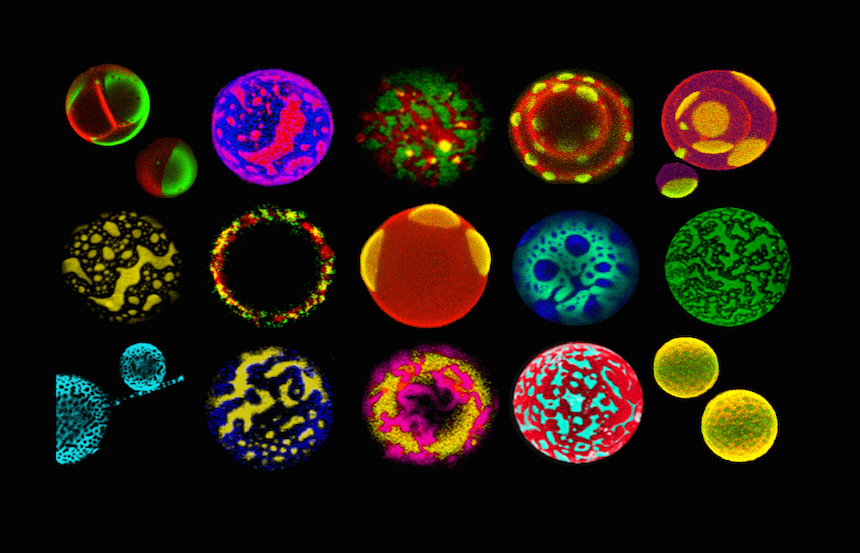

Given the possible security vulnerabilities related to developments in synthetic biology – a field that uses technologies to modify or create organisms or biological components – a new report by the National Academies of Sciences, Engineering, and Medicine proposes a framework to identify and prioritize potential areas of concern associated with the field. NAS notes that this report is the first in a two-phase study which is examining the changing nature of biodefense threats in the age of synthetic biology, focusing on the degree to which it can be used to create a weapon.
“While biotechnology is being pursued primarily for beneficial and legitimate purposes, there are potential uses that are detrimental to humans, other species, and ecosystems,” said Michael Imperiale, professor and associate chair of microbiology and immunology at the University of Michigan Medical School and chair of the committee that wrote the interim report.
The framework outlined in the report describes a variety of synthetic biology technologies and applications such as genome editing, directed evolution, and automated biological design, and provides a set of questions to guide the assessment of concerns associated with them. The framework also outlines factors under two broad categories – malicious use and mitigation – that the committee identified as important to include when determining the level of concern associated with a particular synthetic biology technology or application. In its final report, the committee will use this framework, revising as needed, as a tool to provide the U.S.Department of Defense with an assessment of the concerns presented by synthetic biology technologies and applications, as well as possibilities for mitigation.
The study was sponsored by the U.S. Department of Defense.

